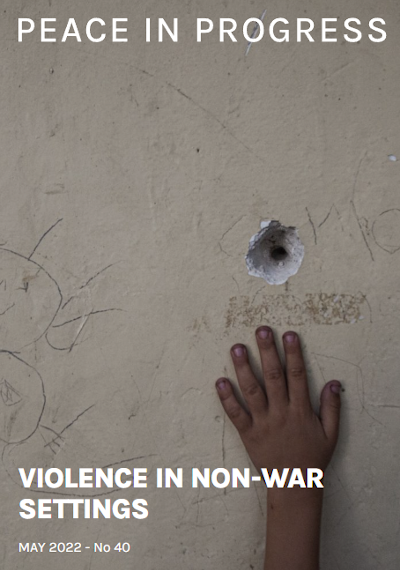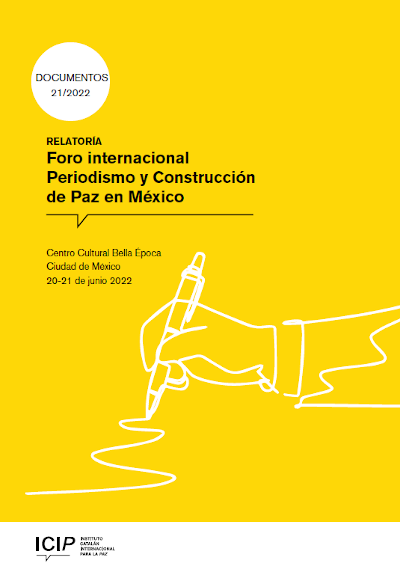Peacebuilding in Mexico
Mexico is a formally democratic, middle-high-income country. There has been no internal armed conflict recognized as such since the confrontations thirty years ago between the EZLN and the country’s government.
Even so, there are more than 200 armed groups, tens of thousands of missing people and more than 30,000 violent deaths per year.
Many of its territories live immersed in a chronic crisis of insecurity and violence caused, in large part, by the struggle between powerful, highly armed criminal groups and the authorities’ lack of capacity or will to deal with it. This reality directly affects the civilian population and has a severe impact on human rights, especially on vulnerable groups.
ICIP monitors these acts of violence to understand their dynamics and map the actors involved. At the same time, it wants to explore how peacebuilding’s theoretical and practical tools apply in situations like those experienced in Mexico.
Platform for Peacebuilding in Mexico
The Plataforma por la Construcción de Paz en México (Platform for Peacebuilding in Mexico) is a space for dialogue and synergy in which people and organizations linked to the Global Network for the Prevention of Armed Conflicts (GPPAC), the Civil Service for World Peace, and the 1st International Forum for the Construction of Peace in Mexico held in Barcelona in 2019 and organized by the ICIP, Serapaz and the Table for Mexico.
The Platform was formally established in October 2022 in a symbolic act in Acteal, Chiapas, a community sadly known for the massacre that its population experienced in 1997 and recognized worldwide for its exercise of resilience, memory and peace. It is a space where diversity and inclusivity thrive, with the participation of twenty organizations and the collaboration of activists, journalists, artists and academics. This collective commitment is a testament to our shared goal of transforming violence through a peacebuilding approach.
The Platform holds plenary meetings every quarter online and usually meets in person once a year. It is regularly coordinated with other peace initiatives and articulations. It occasionally convenes public activities that facilitate knowledge transfer, offer a space for analysis and reflection and give visibility to a specific issue or geographical area.


